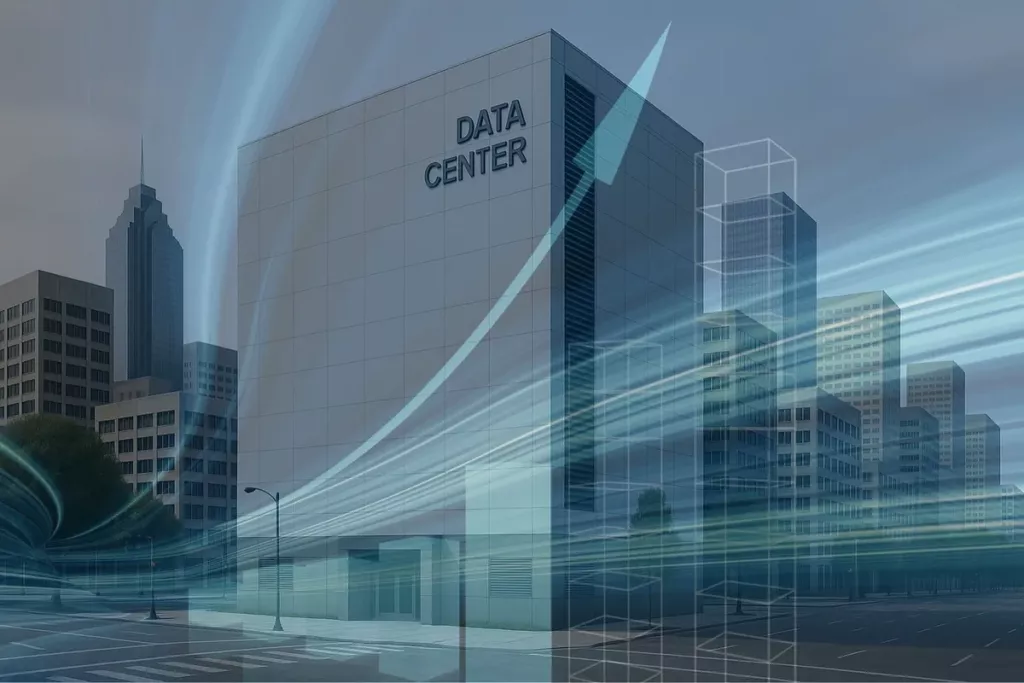Understanding the Core Cloud Computing Function: A Guide for Jakarta Businesses

In a bustling economic hub like Jakarta, businesses are constantly seeking ways to enhance efficiency, scalability, and innovation. Cloud computing has emerged as a pivotal technology, but to truly leverage its power, it’s essential to understand its core cloud computing function. This isn’t just about storing data online; it’s about transforming how businesses operate.
So, what exactly is cloud computing? Simply put, cloud computing refers to the delivery of computing services—including servers, storage, databases, networking, software, analytics, and intelligence—over the internet (“the cloud”) to offer faster innovation, flexible resources, and economies of scale. Instead of owning and maintaining physical data centers and servers, you can access technology services on an as-needed basis from a cloud provider.
At its heart, the primary cloud computing function is to provide on-demand access to a shared pool of configurable computing resources (e.g., networks, servers, storage, applications, and services) that can be rapidly provisioned and released with minimal management effort or service provider interaction.
Let’s break down what this means for your operations:
Read more: How Cloud Computing Works
Key Aspects of Cloud Computing Functionality
On-Demand Self-Service
A core cloud computing function is empowering users to provision computing capabilities, such as server time or network storage, as needed automatically, without requiring human interaction with each service provider. This agility is crucial for businesses in dynamic markets like Jakarta.
Broad Network Access
Capabilities are available over the network and accessed through standard mechanisms that promote use by heterogeneous thin or thick client platforms (e.g., mobile phones, tablets, laptops, and workstations). This ensures your team and services are connected, wherever they are.
Resource Pooling
The provider’s computing resources are pooled to serve multiple consumers using a multi-tenant model, with different physical and virtual resources dynamically assigned and reassigned according to consumer demand. You’re tapping into a vast well of resources, optimized for collective use.
Rapid Elasticity or Expansion
Perhaps one of the most recognized cloud computing functions is its elasticity. Capabilities can be elastically provisioned and released, in some cases automatically, to scale rapidly outward and inward commensurate with demand. For businesses experiencing fluctuating demands, this means you only pay for what you use, optimizing costs.
Measured Service
Cloud systems automatically control and optimize resource use by leveraging a metering capability at some level of abstraction appropriate to the type of service (e.g., storage, processing, bandwidth, and active user accounts). Resource usage can be monitored, controlled, and reported, providing transparency for both the provider and the consumer.
Read More: Cloud Computing 101: Basic Understanding, How It Works, and Its Benefits in the Digital Era
How a Solid Foundation Supports Your Cloud Strategy in Jakarta
While the cloud computing function itself is often delivered by hyperscalers or specialized software, the underlying infrastructure plays a critical role, especially for hybrid or private cloud deployments. For businesses in Jakarta, having access to robust, secure, and well-connected data center infrastructure is paramount.
Indonesia’s cloud computing market is experiencing dramatic growth, valued at USD 3.3 billion in 2024 and projected to reach USD 13.4 billion by 2032, growing at a CAGR of 19.1%. This expansion has attracted intense competition, with global hyperscalers establishing local presence. In this rapidly evolving landscape, a solid local foundation becomes even more critical.
A local data center can provide the low-latency connectivity essential for applications where speed is critical. It offers a secure and reliable environment for housing the physical components of a private cloud or the local end of a hybrid cloud strategy. This ensures that even as you leverage the versatile cloud computing function, your foundational infrastructure is resilient and performs optimally. Proximity can also be key for data sovereignty and compliance requirements.
Understanding the fundamental cloud computing function allows businesses to make informed decisions about their IT strategy. It’s about leveraging these capabilities to drive growth, improve operational efficiency, and maintain a competitive edge in Jakarta’s vibrant market.
Ready to explore how a solid data center foundation in Jakarta can empower your cloud computing functions? Discover how EDGE DC can support your digital transformation.

